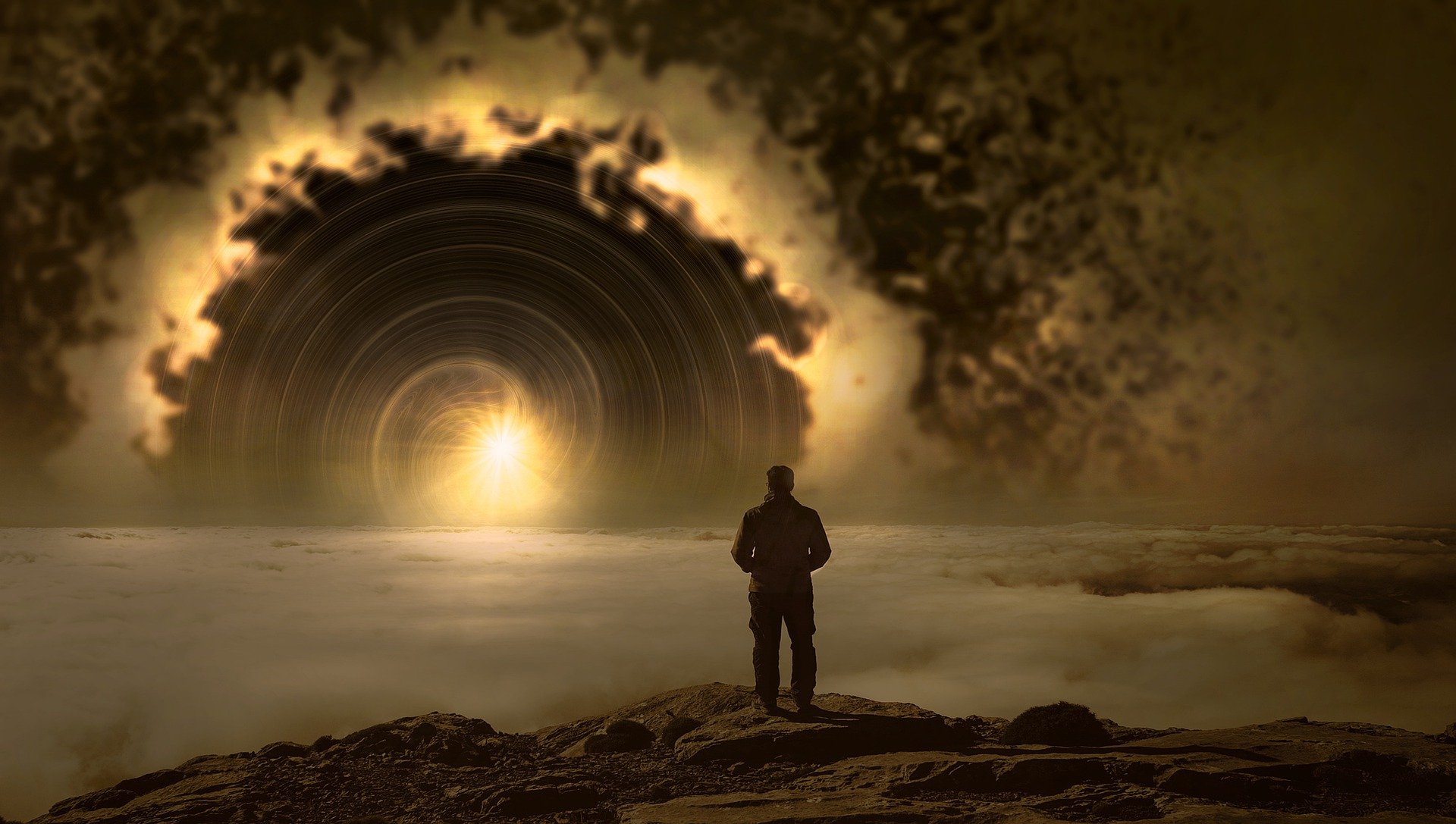
What do the films A Wrinkle in Time, Back to the Future, The Terminator, Interstellar, and Avengers: End Game have in common? They all tap into our innate fascination with time travel. If you could travel through time, where in history would you go? Who would you visit? What would you alter for the sake of the future?
These are strategic questions I use to open the lesson on the sanctification of time. With this exercise, students are first invited into the time machine of their own memory and imagination. After this discussion, I pre-teach some basic doctrinal points about time:
- Time is created by God with a beginning and an end.
- Chronos time is time that we can measure and keep track of with calendars and clocks.
- Kairos time is time from God’s point of view. It is all of time at once in one “eternal now.” Eternity.
- The Eastern concept of time is cyclical. This is how beliefs such as karma and reincarnation emerged.
- The Western concept of time is linear and it has a telos or an end. It is progressing toward the future.
- We can think of the liturgical year as a spiral that is simultaneously cyclical and linear or advancing toward an end.
- Jesus, the Eternal Word, is timeless. (CCC 525)
- The Paschal Mystery changes how we experience time.
The fourfold event of Jesus’ Suffering, Death, Resurrection, and Ascension was so impactful and powerful that it reverberates through time in every direction. It hit history so hard that it broke it in two; that which came before Christ (BC) and that which began with Christ (AD). In the Old Testament, the Paschal Mystery is prefigured through typology and prophecy. In the age of the Church, it is echoed forward in the liturgical calendar. In the sacraments, the Paschal Mystery transcends time. The sacraments are, in a way, the only known means of time travel. When we remember our story and enter into it in the sacraments, we are entering into a dimension of time that is not stuck in the past, present, or future, but envelopes all of it. This is because, unlike any other religious figure, Jesus is not just a person of history. He is alive and actively encountering his people with his life-giving, saving love.
